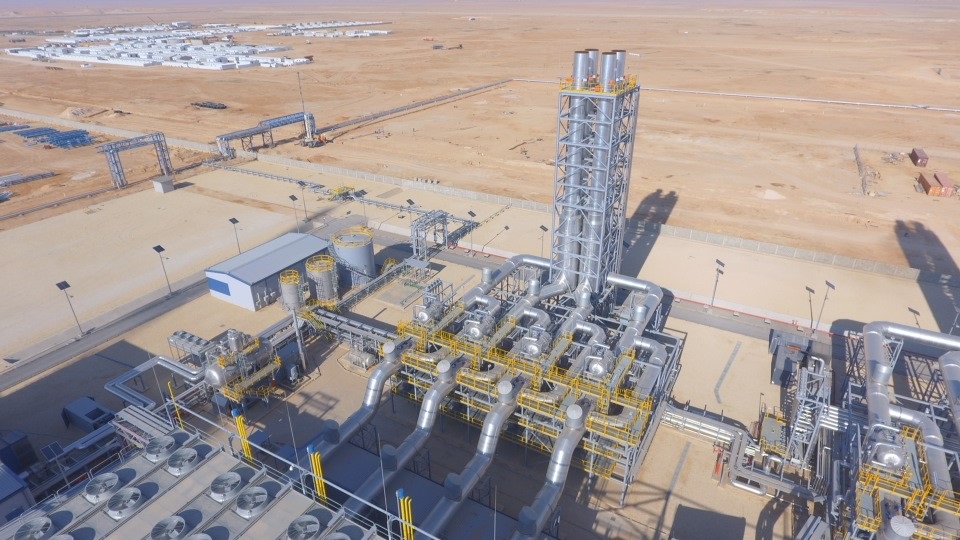

In the ever-evolving landscape of energy provision, the choice of sustainability has emerged as a pivotal consideration. As we navigate the challenges of climate change, dwindling natural resources, and the imperative for environmental stewardship, opting for sustainable energy sources has become not just a preference but a necessity.
For sustainable gas to power solutions, the decision invariably comes down to the choice between gas engines and gas turbines. And while both are two distinct technologies that serve various purposes in industries, transportation, and power generation offering their own advantages, Wärtsilä continues to advocate for gas engines as they offer a unique set of beneficial factors. As such, these factors contribute to their widespread use in various scenarios where their characteristics shine.
Efficiency at Part Load:
Gas engines are known for their superior efficiency at part-load conditions compared with other gas generation technologies. In applications where there are frequent variations in power demand, gas engines excel. They can efficiently generate electricity and provide heat even when operating at lower loads, making them ideal for applications with fluctuating energy needs. Gas turbines, on the other hand, often have a narrower efficiency band, requiring them to run closer to full capacity to achieve optimal efficiency.
Fast Start-Up and Response Time:
When rapid response times are crucial, gas engines offer a significant advantage. They can start up quickly, often within minutes, and ramp up to full capacity swiftly. This feature is valuable for applications like backup power systems for hospitals, data centres, or manufacturing facilities where uninterrupted power is essential. In addition, that start up is at a zero-cost base, offering an added balance sheet benefit. Gas turbines, while efficient at steady-state operations, can have longer start-up times, limiting their suitability for applications requiring immediate power availability.
Another added advantage is that gas engines are black-start capable, i.e. able to restart the power system after a blackout/loadshedding.
Modularity
The modularity of gas engines offers a myriad of benefits across various industries and applications. One of the key advantages is enhanced flexibility in design and functionality. This modularity allows for easy customisation, enabling engines to be tailored to specific needs. This flexibility promotes scalability, facilitating the integration of additional modules for increased power output or efficiency as demands evolve.
Flexibility in Fuel Options
When considering various gas power generation technologies, gas engines are more versatile when it comes to fuel options. They can run on a variety of fuels, which allows operators to make a choice based on availability, cost, or environmental considerations. This also makes gas engines more environmentally friendly because they are using less carbon intensive fuels.
Maintenance and Serviceability
Gas engines are generally easier to maintain, and service. Their simpler design, with fewer moving parts and accessible components, allows for longer time periods between maintenance interventions and reduced downtime.
Overall, gas engines offer a compelling array of advantages in various applications. Their modularity allows for tailored designs, efficient maintenance, and easy scalability, ensuring flexibility and cost-effectiveness when compared to other gas technologies. With their versatility and efficiency, gas engines continue to demonstrate their value and advantages as a more sustainable option.
For more information on Wärtsilä Energy in Africa, please visit:
https://www.wartsila.com/energy/towards-100-renewable-energy/pathways-for-africas-energy-future
